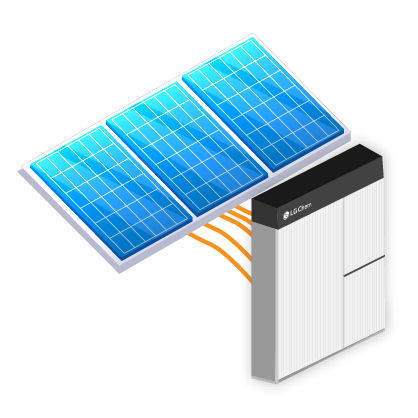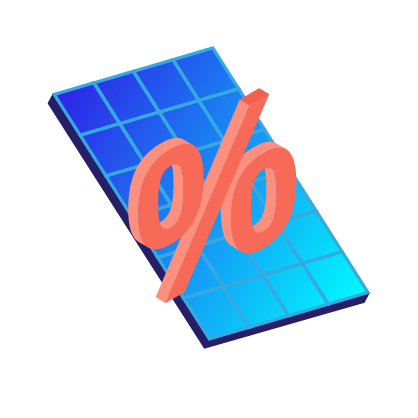What To Look For When Choosing From The Best Solar Companies
Choosing the right solar installer can be tricky. Let’s say you are looking to remodel your home and have to decide between several contractors for the job.
You may not know a lot about construction but chances are you have a pretty good idea of what materials you want installed in your home and the cost associated with those materials.
You can probably also make a judgment about the quality of workmanship of the installer simply by looking at their previous projects. When it comes to the solar industry however, you may find yourself unfamiliar with the nuances of purchasing a photovoltaic system for your home.
This article will explore the 5 most important factors when choosing an installer so you can go solar with confidence.
Quality of the Solar Installer
With the emergence of any new industry, it is difficult to know what companies you can trust. This is absolutely true for an industry as young as residential solar. The first thing to look for when evaluating a solar installer is whether or not they exclusively install solar systems.
Many small construction companies have pivoted towards solar without taking the time to become experts themselves. These companies are more likely to sell you cheap equipment and perform poor installations. The second thing to look for is how long the company has been in business.
Although not always true, generally a company that has been in business for five years will be more experienced and have greater customer satisfaction than a company that has only been in business for one year. Lastly, online reviews can be a powerful tool when vetting installation companies.
Quality of Solar Equipment
When you receive a quote from an installer how do you know that the equipment is of good quality? When evaluating the quality of a PV system you are really looking at two things: the modules and the inverter.
When an installer is choosing an inverter for your system they have the option between a string inverter, a string inverter with optimizers, or micro-inverters.
String inverters with optimizers and micro-inverters will perform superior to standard string inverters in most scenarios and are thus a good indicator of high-quality equipment. For more details on Micro and String inverters, check the video below.
When it comes to modules, the efficiency of the panel can help you separate top tier equipment from relatively poor equipment types. Efficiencies of 16% or below can generally be regarded as poor equipment types. The performance testing conditions or PTC rating of a panel can also be a good indicator of the quality of equipment.
The PTC rating of a module is what the panel is said to produce in real-world conditions VS standard testing conditions. Lastly, when it comes to rating modules and inverters, bankability of the company is a very important factor as it determines the validity of the product’s performance guarantee.
When choosing equipment for your solar system you want to buy a product from a company that will be around to honors its guarantee.
Types of Modules Used
Generally, there are two types of modules used in PV systems: Mono Crystalline and Polycrystalline. Mono Crystalline panels are made from one continuous crystal whereas polycrystalline panels are made from multiple.
Polycrystalline modules are slightly less efficient than mono modules due to lower space efficiency (they need more space than mono modules to output the same amount of power).
Over the last few years, mono-crystalline modules have overtaken poly modules as the industry standard. So, if you are receiving a quote from a solar installer there is a good chance it will include a poly solar panel.
Solar Warranties
Most solar installers will offer a workmanship warranty included in their quote. Five to ten years is the industry standard for most solar installers however some will offer twenty to twenty-five-year workmanship warranties covering the lifetime of the system.
These are generally looked at as extended warranties in the industry and will add cost to the installation.
Overall Installation Cost
When evaluating the overall installation cost of a quote you should be looking at the price per watt of the system and installation. This can be determined by dividing the gross cost by the total power rating (wattage) of the system.
It’s important when calculating the price per watt to make sure that you are looking at the gross cost before incentives and not the net cost of the system so you can make accurate comparisons with other quotes and installation companies.
Want to get custom saving projections for your home? Get started here!











